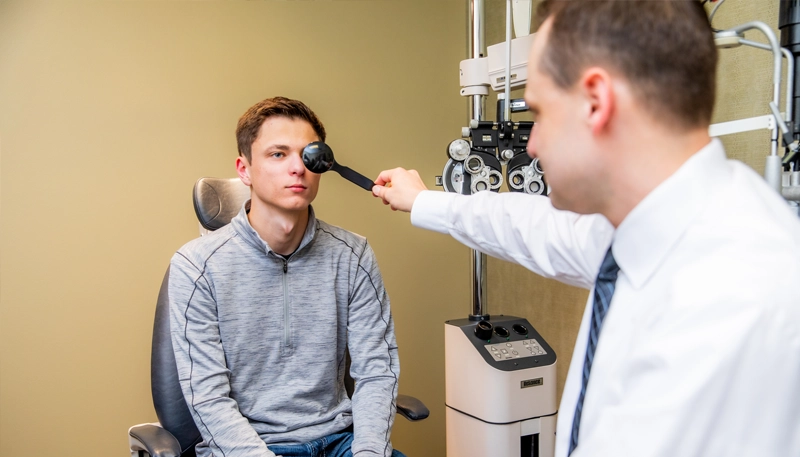Your eyes do more than help you see—they act as an early warning system for your overall health. Beyond ensuring your vision stays sharp, regular eye exams can detect serious conditions like diabetes, hypertension, and even neurological issues before other symptoms emerge. For instance, tiny hemorrhages in the retina might signal diabetes, while swollen optic nerves could hint at a brain tumor. The American Optometric Association notes that eye exams uncover health issues in millions of people annually, often leading to earlier treatment and better outcomes.
What Happens During an Eye Exam—and Why It Matters
A comprehensive eye exam involves more than reading an eye chart. Tests like the slit-lamp exam magnify the front of your eye to check for cataracts or scratches on the cornea, while a dilated retinal exam reveals the health of the back of your eye, spotting risks like glaucoma or macular degeneration. Tonometry measures eye pressure, a key indicator of glaucoma, which can silently steal your vision if undetected. These quick, painless tests provide a wealth of information about your eyes and beyond. Waiting until you notice blurry vision might mean missing these silent threats—annual exams, especially after age 40 or with a family history of eye issues, are a proactive step worth taking. Schedule yours today to stay ahead of the curve.
Don’t let health clues go unnoticed. Book your next eye exam now!

